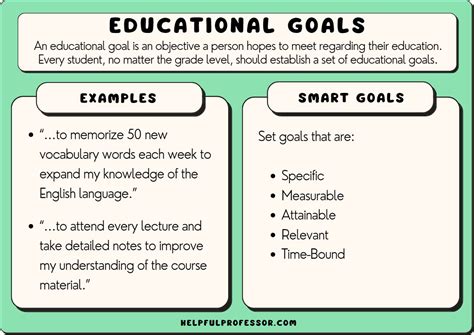Introduction: The Importance of Effective Studying
Statistics show that students who implement effective study habits achieve higher grades and perform better academically. A study by the National Center for Education Statistics found that students who spend more time studying have a higher GPA and are more likely to graduate from college. Another study by the University of California, Berkeley found that students who use active learning strategies, such as taking notes and reviewing material, are more likely to retain information and perform better on tests.

Creating an Effective Study Plan
1. Set Realistic Goals:
– Determine how much time you can realistically dedicate to studying each day or week.
– Break down large assignments into smaller, manageable chunks.
2. Identify Your Learning Style:
– Determine if you are a visual, auditory, or kinesthetic learner.
– Tailor your study methods to match your preferred learning style.
3. Create a Dedicated Study Space:
– Find a quiet and comfortable place where you can focus on studying without distractions.
– Ensure you have all necessary materials, such as textbooks, notes, and writing utensils.
Active Learning Strategies
1. Take Notes:
– Write down important information in your own words to improve comprehension and retention.
– Use abbreviations, symbols, and color-coding to enhance memorization.
2. Review Material Regularly:
– Spaced repetition is an effective way to reinforce learning and strengthen memory.
– Review material at regular intervals, such as after each class or every few days.
3. Practice Retrieval:
– Actively recall information from memory by quizzing yourself or using flashcards.
– This process strengthens neural connections and improves long-term retention.
4. Form Study Groups:
– Collaborating with peers can enhance understanding and provide different perspectives.
– Engage in discussions, explain concepts to each other, and quiz one another.
Tips and Tricks for Effective Studying
1. Use Mnemonics:
– Create memorable phrases, acronyms, or rhymes to help you remember information.
– For example, “Richard Of York Gave Battle In Vain” for the colors of the rainbow.
2. Teach the Material:
– Explain the concepts you are studying to someone else or even to yourself.
– This process forces you to think critically about the material and deepen your understanding.
3. Take Breaks:
– Regular breaks help improve focus and prevent burnout.
– Get up and move around, or engage in a non-related activity for a short period.
4. Reward Yourself:
– Set small rewards for completing study tasks or achieving certain goals.
– This provides motivation and makes the studying process more enjoyable.
Example Study Guide Table
| Subject | Topic | Resources |
|---|---|---|
| Biology | Cell Structure | Textbook Chapters 5-7 |
| Chemistry | Periodic Table | Notes from Lecture |
| History | World War II | Online Videos |
| English | Shakespearean Sonnets | Study Guide from Library |
Additional Tips for Different Subjects
Math:
– Practice solving equations and problems repeatedly.
– Seek help from a tutor or teacher if needed.
Science:
– Conduct experiments or simulations to enhance understanding.
– Participate in lab discussions and ask questions.
History:
– Read historical documents and analyze primary sources.
– Create timelines and write summaries to organize information.
Conclusion: The Power of Effective Studying
By implementing these effective study habits and strategies, you can significantly improve your academic performance and achieve your learning goals. Remember, consistent effort, active engagement, and a positive attitude are essential for success. Embrace the process of studying as a journey of discovery and growth.
